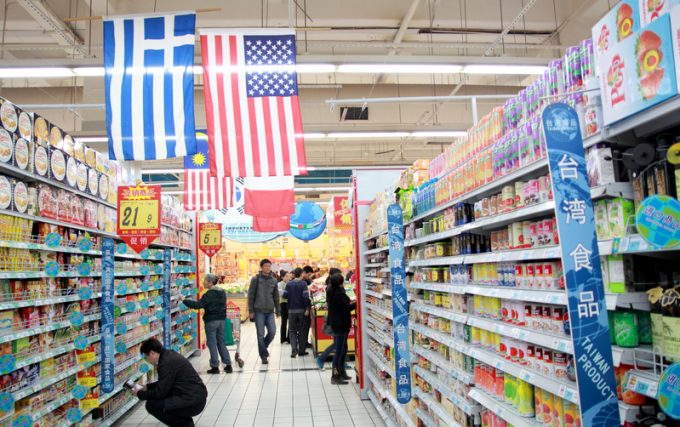Guidance on tariffs – FedEx top brass on hand to help
Love the cat but there’s a lot to unpack

China’s voracious appetite for fresh food is overwhelming the country’s cold chain infrastructure, increasing the need for integrated import solutions from origin to final destination.
However, concerns over liability are largely blocking the proliferation of door-to-door cold chains.
“Demand on us is very high in terms of ...
CMA CGM South Korean staff strike over bonuses after bumper 2024 profit
MSC switches two more Asia-Europe port calls from congested Antwerp
CMA airline returns two freighters, while ANA takeover of NCA looms
Nightmare for Bangladeshi exporters as congestion and tariffs bite
Tradelanes: Export boom in Indian sub-continent triggers rise in airfreight rates
Front-loading frenzy has made traditional H2 peak season 'unlikely'
Mexican airport modernisation plan unlikely to boost cargo facilities
Carriers introduce surcharges as congestion builds at African ports

Comment on this article